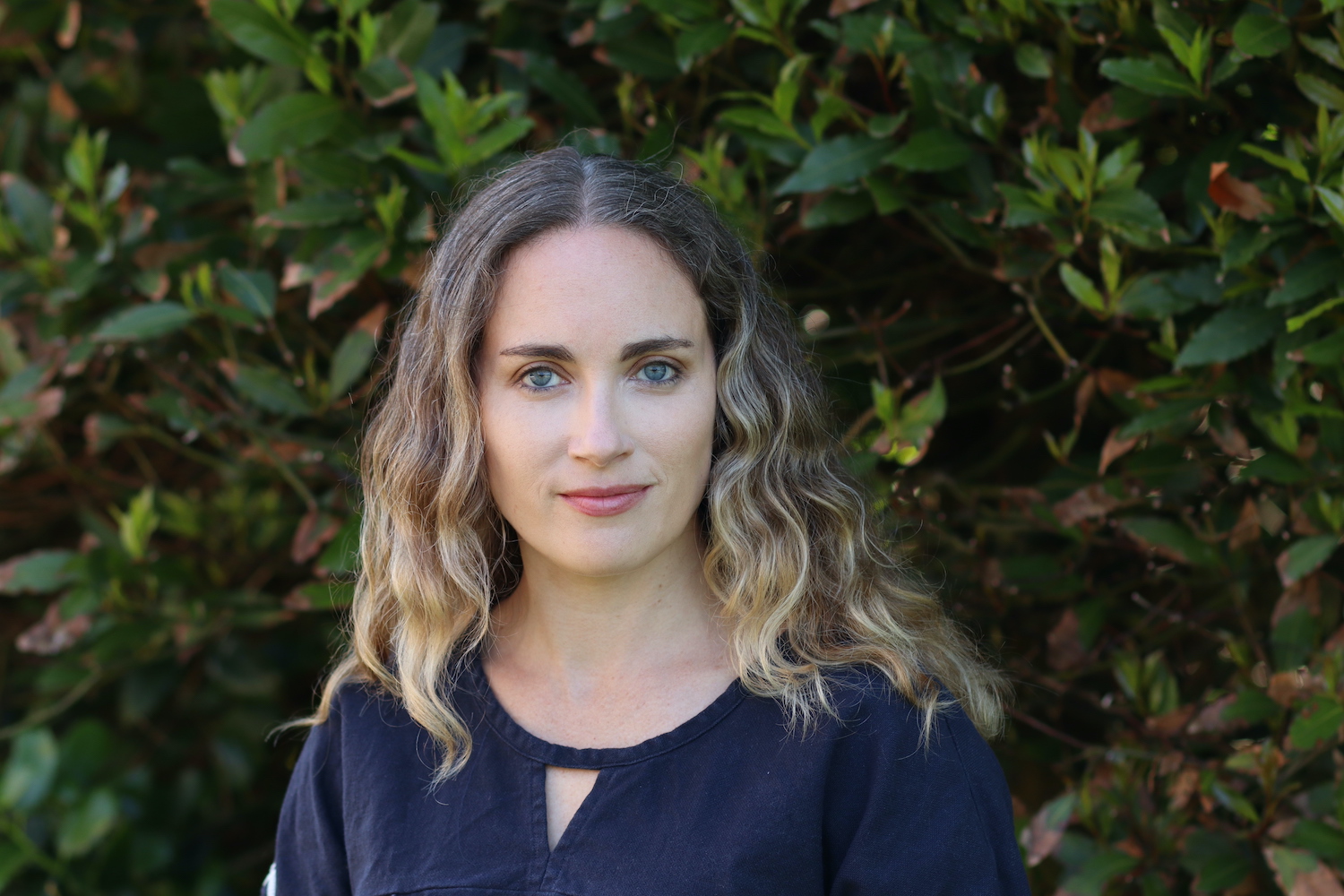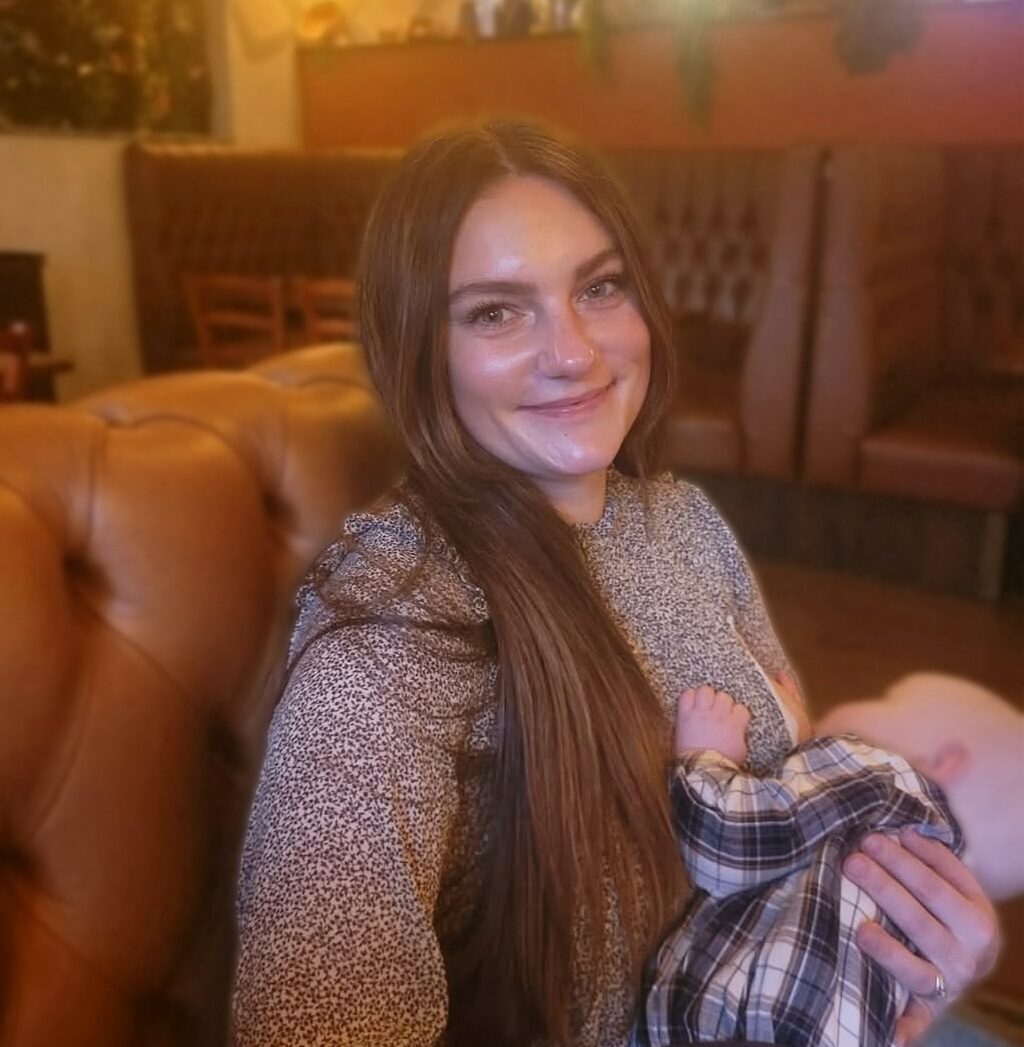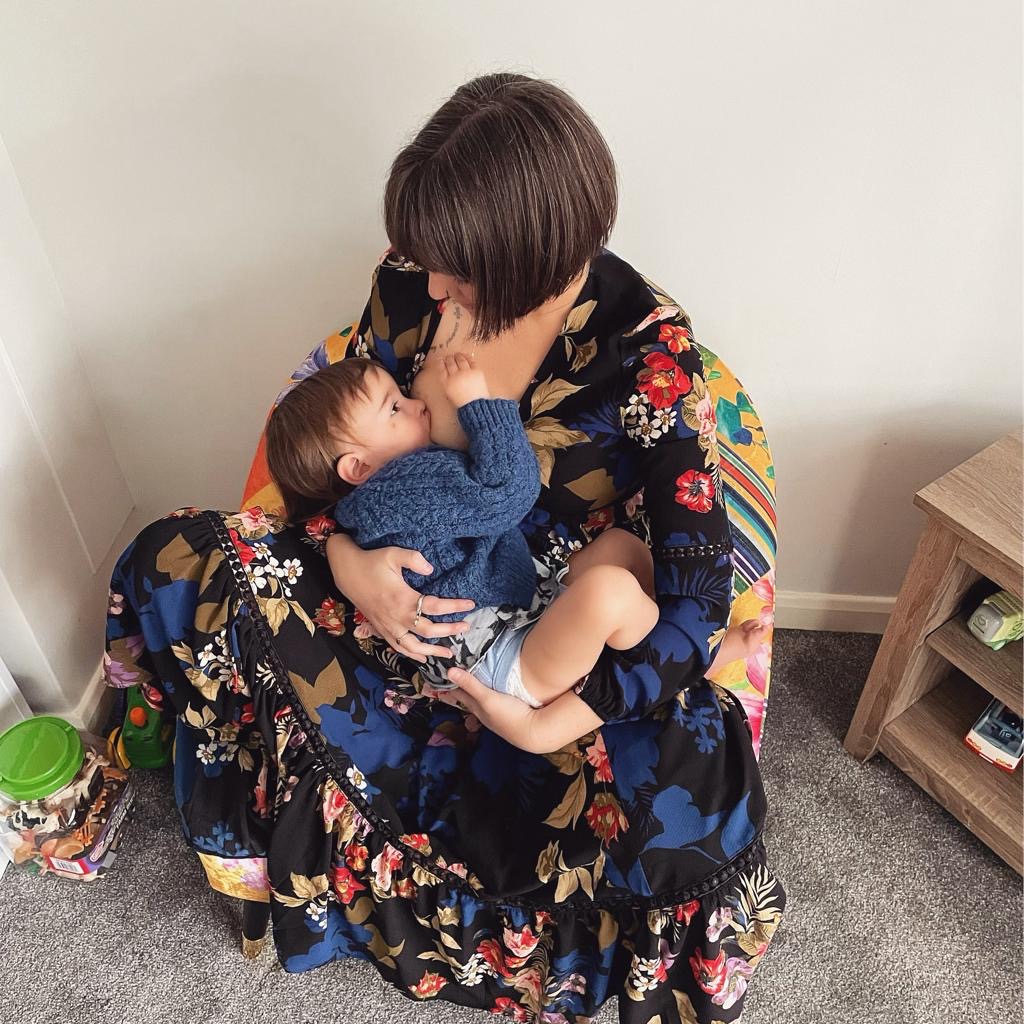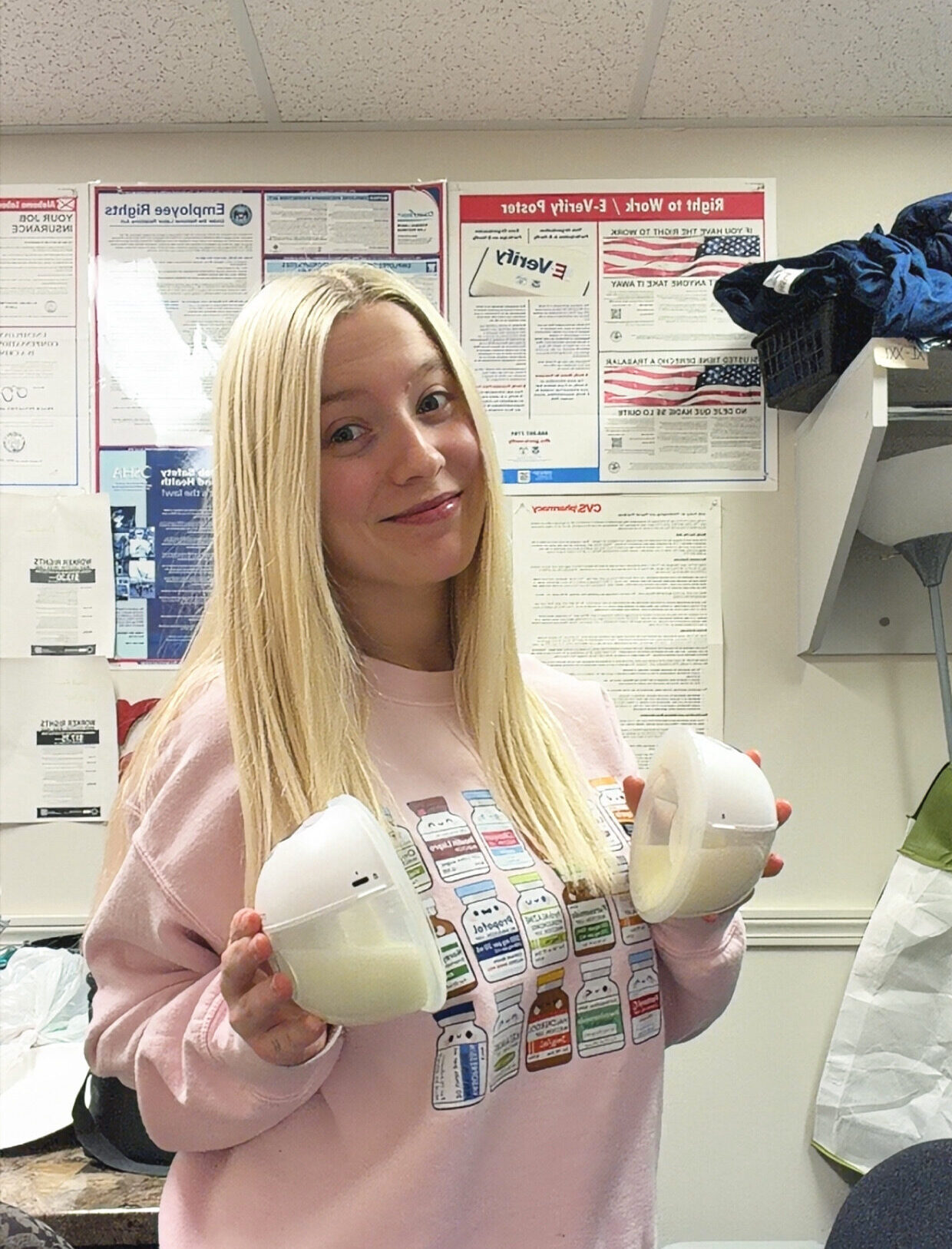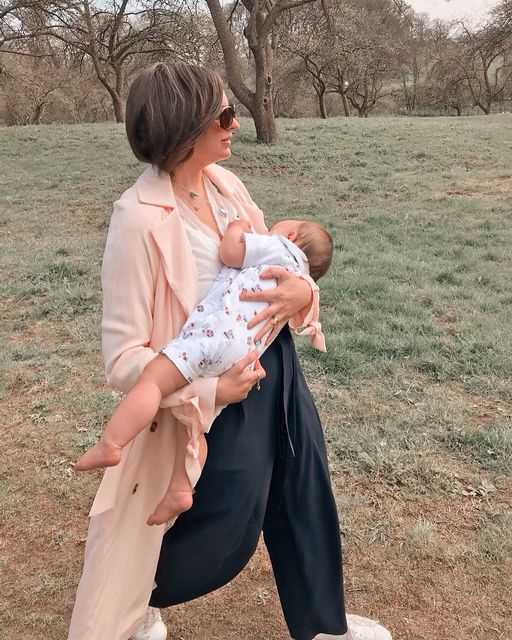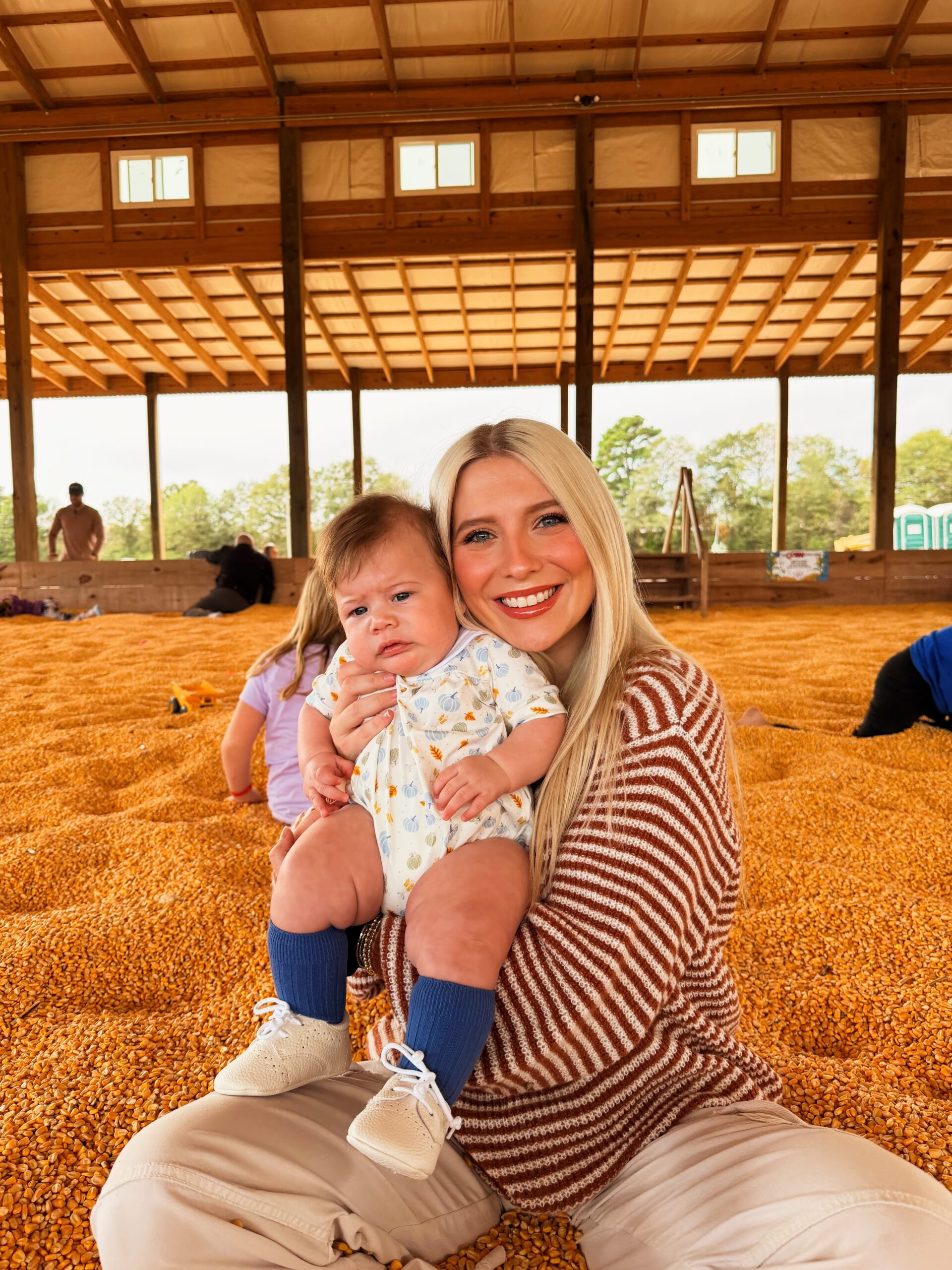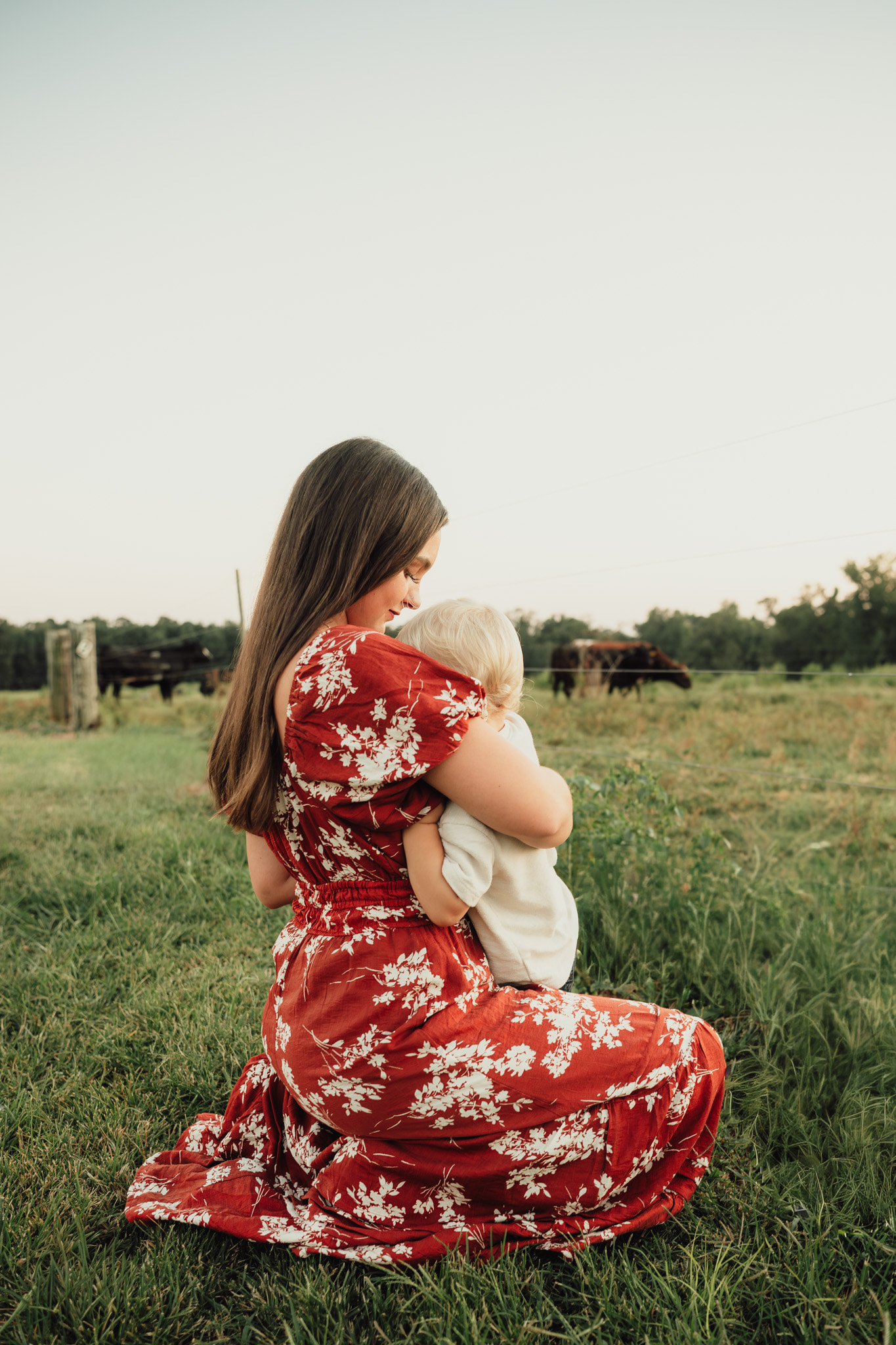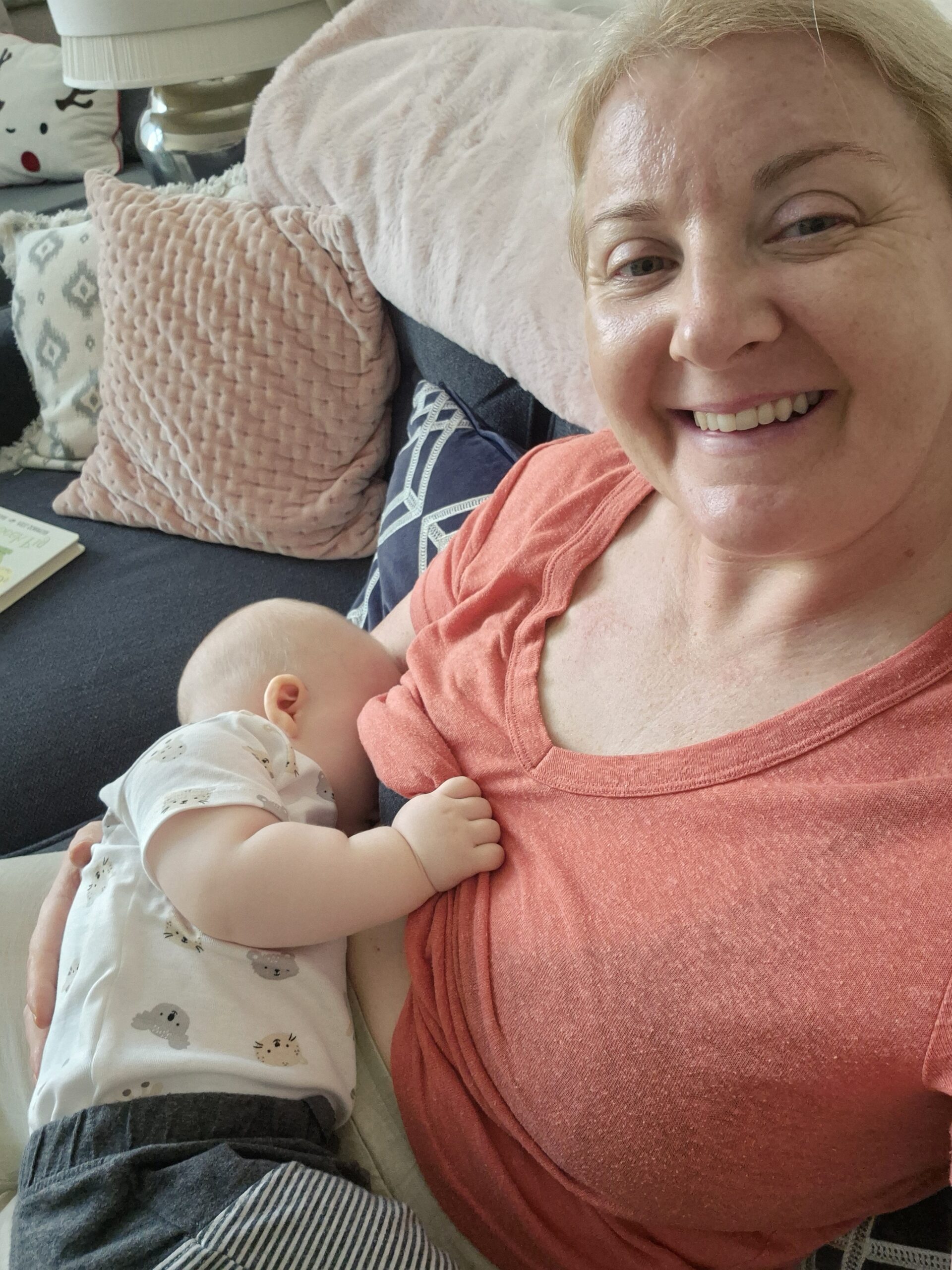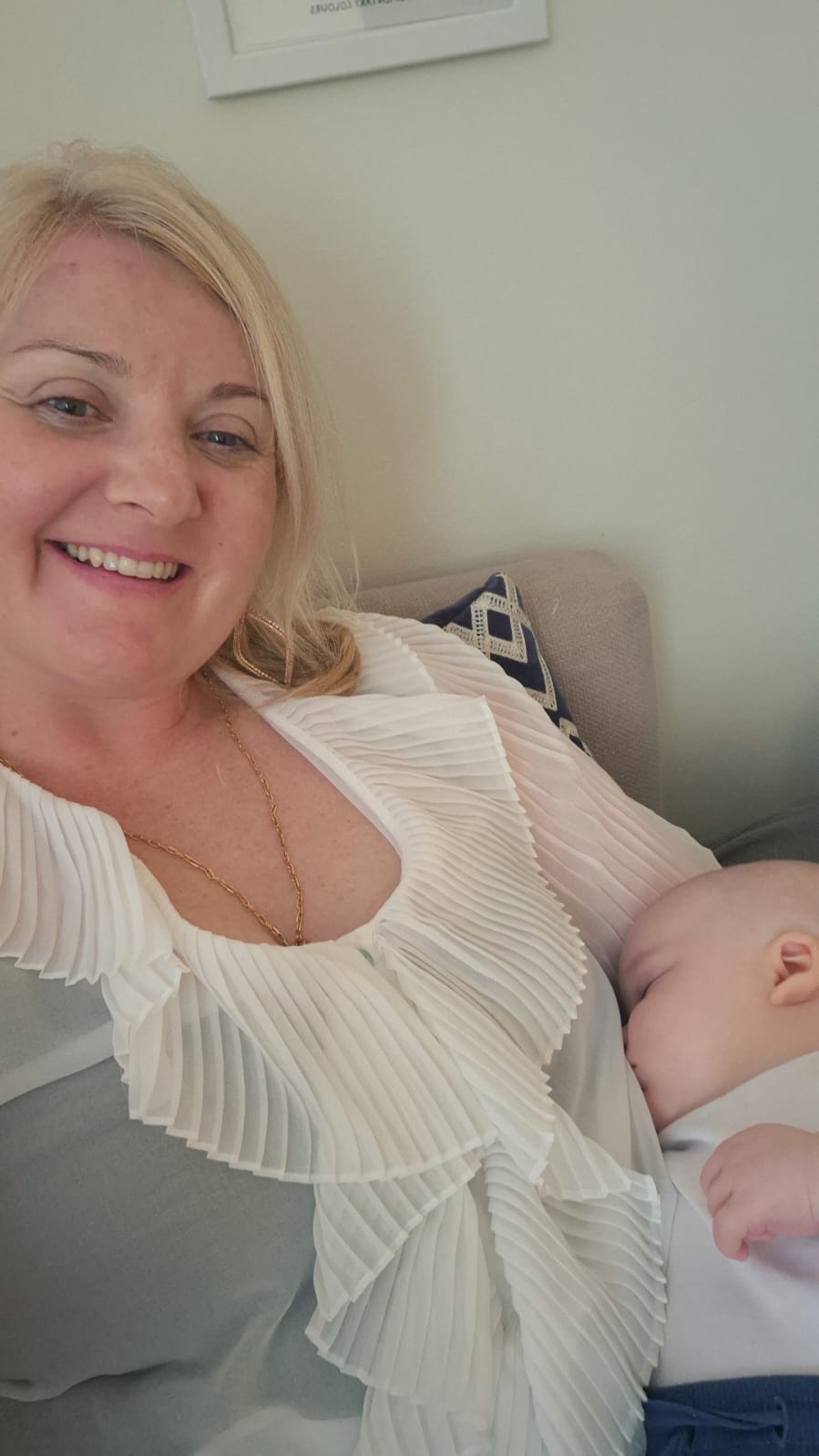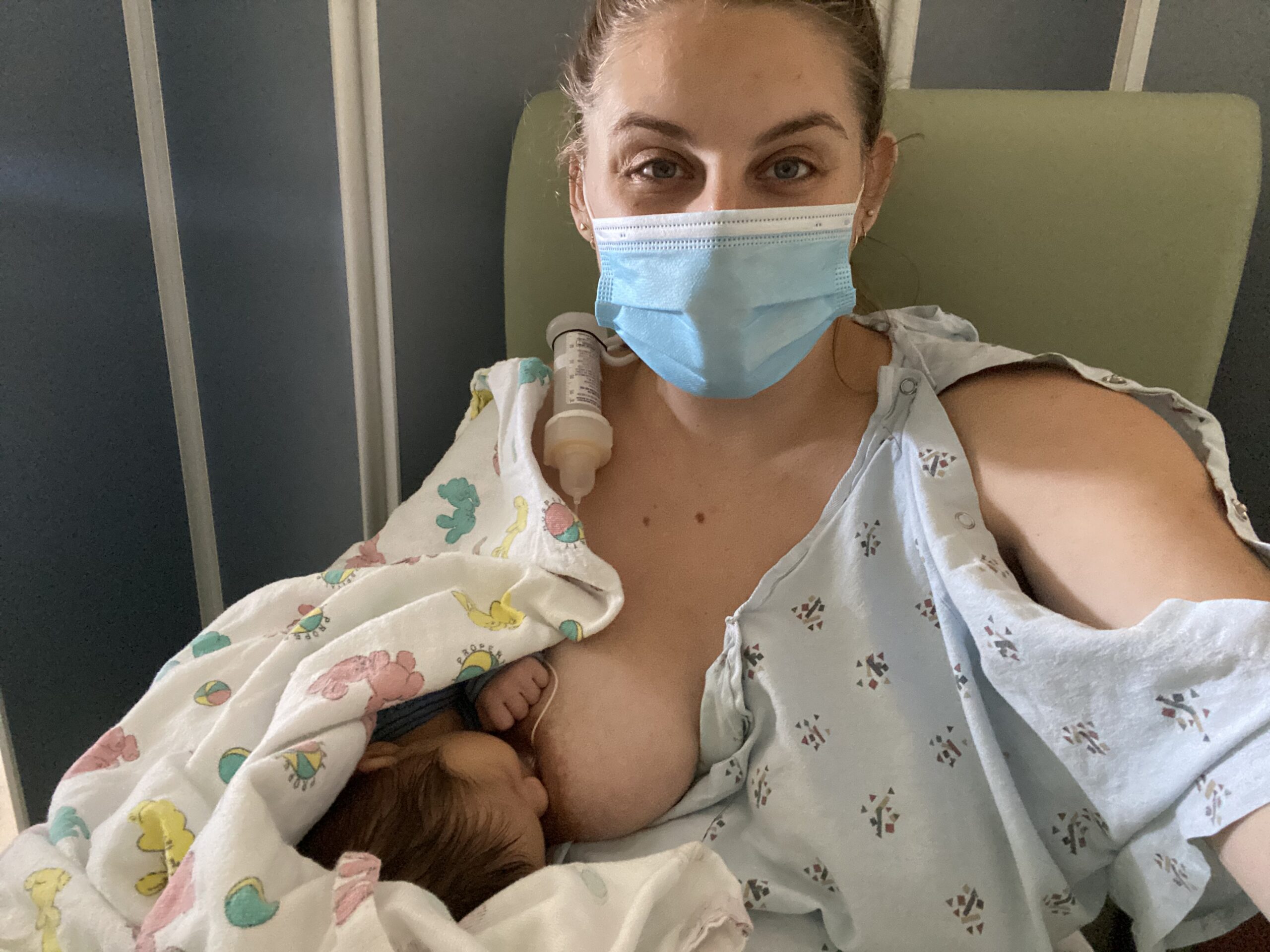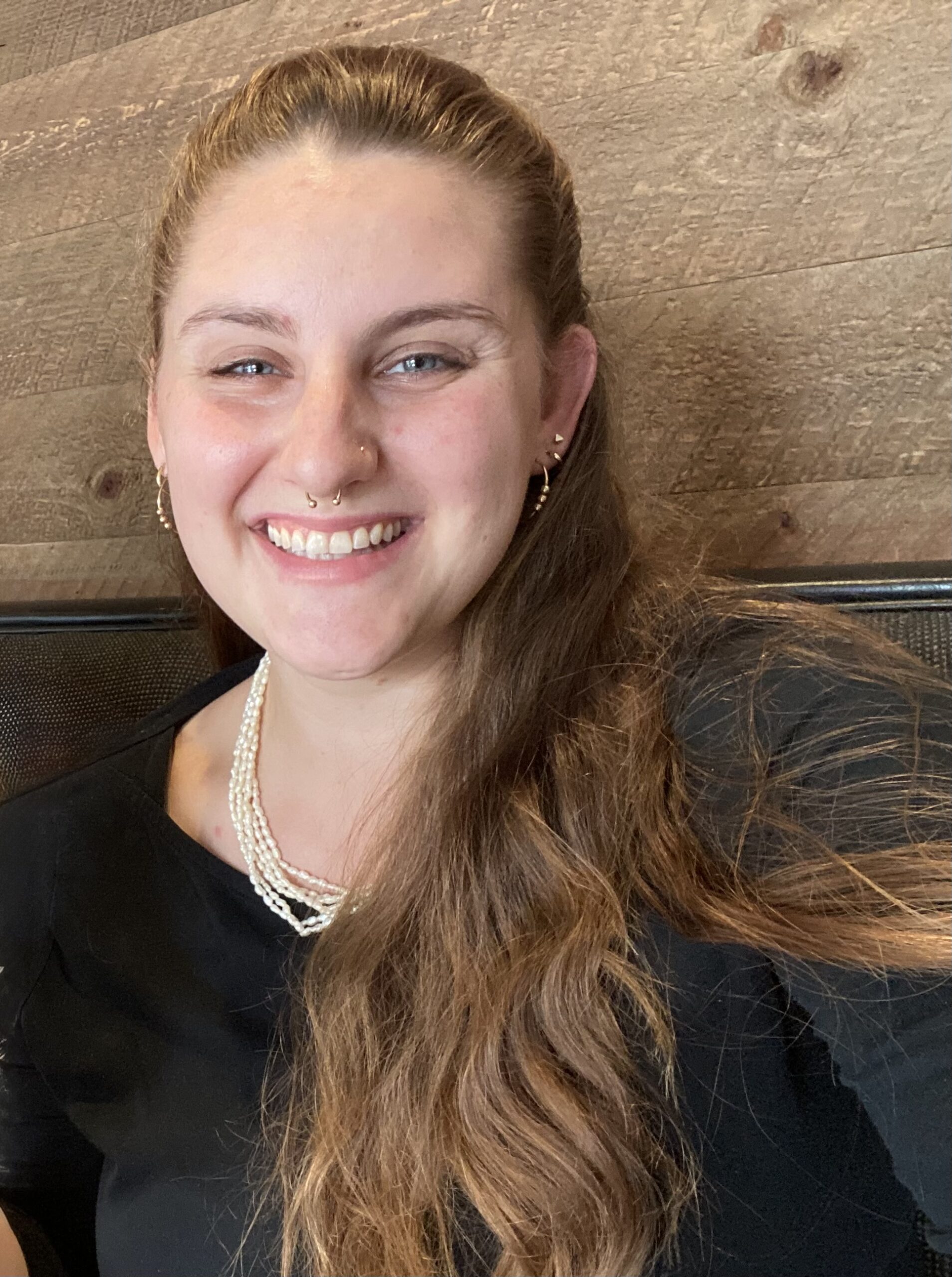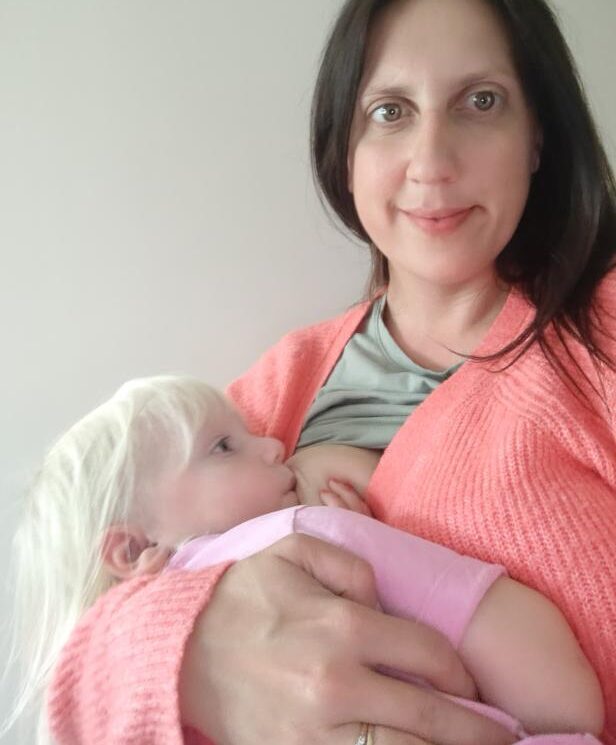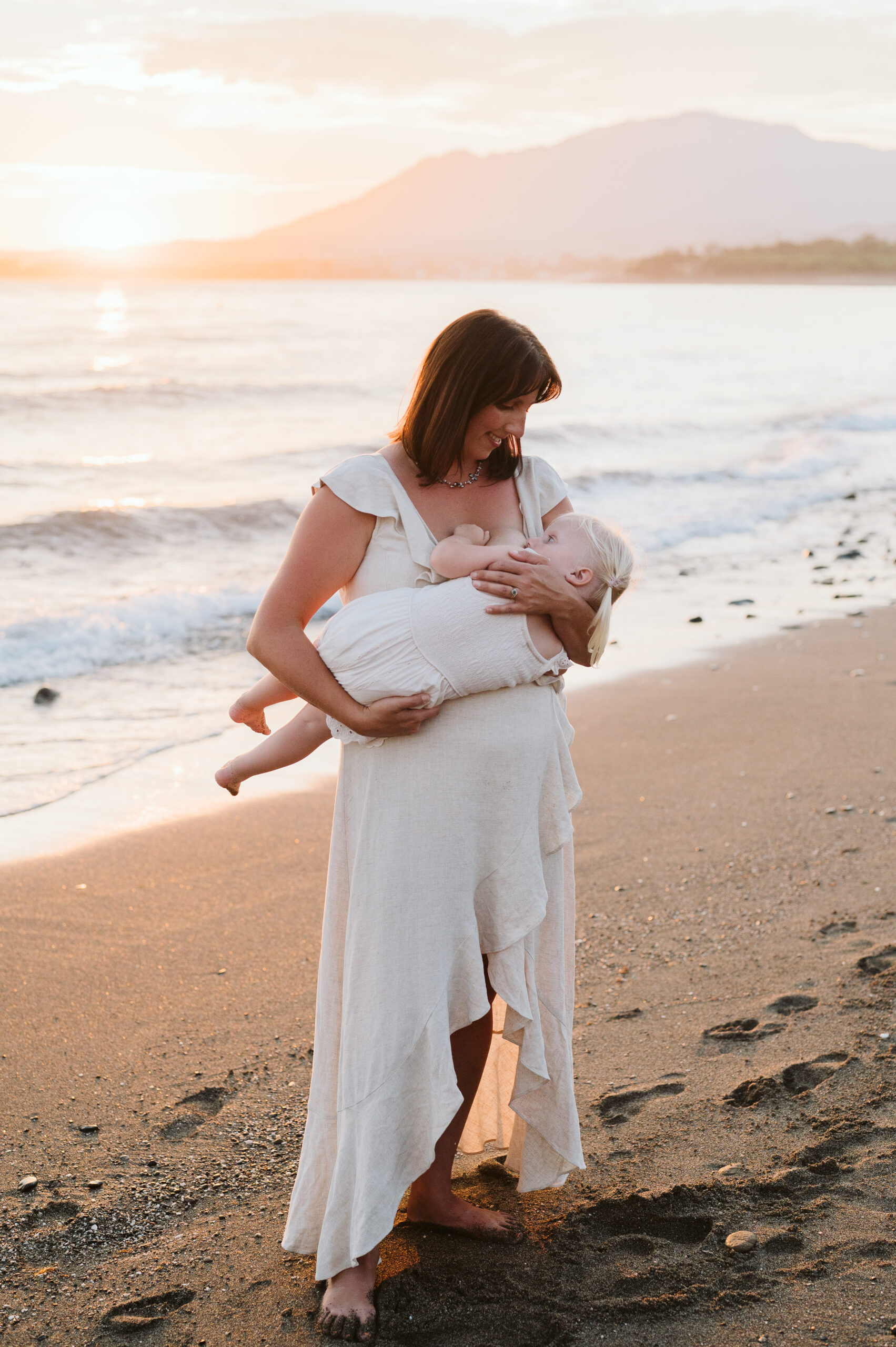When I had my first baby, like all new parents, I was transitioning to a new ‘normal’. I, unfortunately, ended up with cracked nipples, and, although I was desperately in need of support I shied away from it.
I didn’t want anyone qualified to see me breastfeeding in case they told me to stop, somehow not comprehending that they might actually help me to feed more comfortably. I was lonely, sore and feeling swamped in guilt. Those things were unpleasant, but the thing that I actually felt shadowed my experience the most was how misunderstood breastfeeding seemed to be.
When struggling to breastfeed, formula isn’t always the solution
I was surrounded by wonderful family and friends, but many of them didn’t seem to ‘get’ it. When I was struggling post-partum many suggested I turn to formula. It was well-intentioned — they didn’t like to see me in pain and sad. Formula was a simple solution. But, it wasn’t what I needed. If instead they had escorted me to a support group, called the helpline, or even just done my ironing… it would have made a world of difference.
Of course, the older generations in our families lived through times when formula was promoted and misinformation about breastfeeding abounded – even more than it does today. Our parents may have learned to watch the clock as they fed, believed in feeding schedules for breastfed babies and so on.
Our relations are often ill-equipped to offer the right support
Research has led to improvements in information given to expectant and new parents, but older generations still remember what they were told was best. That is of course added to the fact that breastfeeding rates were incredibly low in the 70s and 80s and those that did breastfeed often didn’t do so for very long. Many of our relations simply don’t have the information and tools to support a breastfeeding parent.
Many of our relations simply don’t have the information and tools to support a breastfeeding parent.
My babies were snackers — they fed little and often around the clock, and that’s pretty exhausting. My peers found that unusual, and made comments about how often they fed. It left me feeling self-conscious and I tried to avoid feeding around other people if it was at all possible to avoid the judgement.
I felt like I was the only breastfeeding mum in the world
I didn’t come across many other breastfeeding families. It was lonely – I felt like the only breastfeeding mum in the world. Thank goodness for the internet!
I trawled so many websites looking for the information and support I needed, stumbling across so many helpful tips and realising that there were other parents like me out there! Reading other stories mattered when my peers couldn’t share their stories.
Reading other stories mattered when my peers couldn’t share their stories.
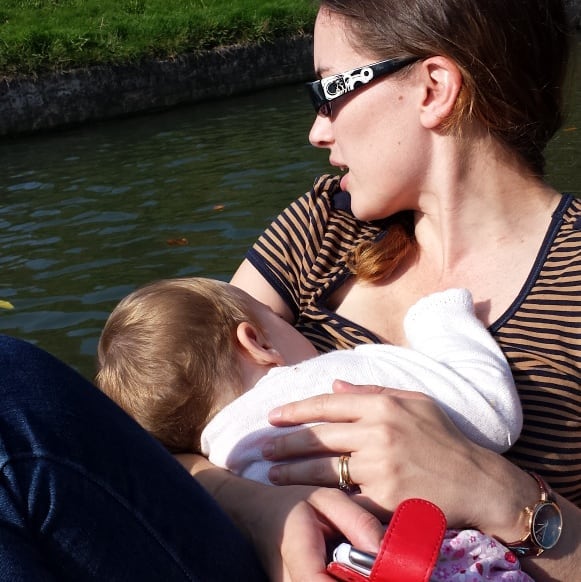
Things have moved on I believe, but there’s such a long way to go. Breastfeeding rates are still low and sadly our society is full of misconceptions. I am passionate about information and support in our communities so that whatever our experience of early parenting, we don’t feel alone.
Honestly sharing our experiences will help normalise breastfeeding
I wrote my first book, Milk, for just that reason. I like to think it’s a bit like having a breastfeeding mum to talk to… but in a book. I wrote about all my experiences, good and bad, because honesty is so very important.
Since then I’ve worked on a new breastfeeding book, but this time it’s aimed at children. It’s just another part of the jigsaw that we’re building to normalise breastfeeding— talking to children about how babies are fed.
I would love breastfeeding to be completely normal. Boring, even. The more we share our stories and spread information and awareness, the more we normalise breastfeeding. Due to falling rates, formula promotion, lack of support and all sorts of other issues breastfeeding doesn’t have much of a profile outside of shocking stories about how badly it’s gone or about somebody who’s brazenly (and completely legally) breastfed in public. This makes the sort of stories gathered on this website precious and important. So, let’s keep telling our stories so no parent has to feel alone.
The more we share our stories and spread information and awareness, the more we normalise breastfeeding.
Buy Emma’s book
In this memoir, Emma tells her story, interwoven with everything she’s learned about why, in our society, breastfeeding is far from easy. Milk is both emotional and heart-warming in the way that only a mother’s story can be. It is a must-have book for all breastfeeding mothers and those supporting them.
Milk: A Story of Breastfeeding in a Society That’s Forgotten How




